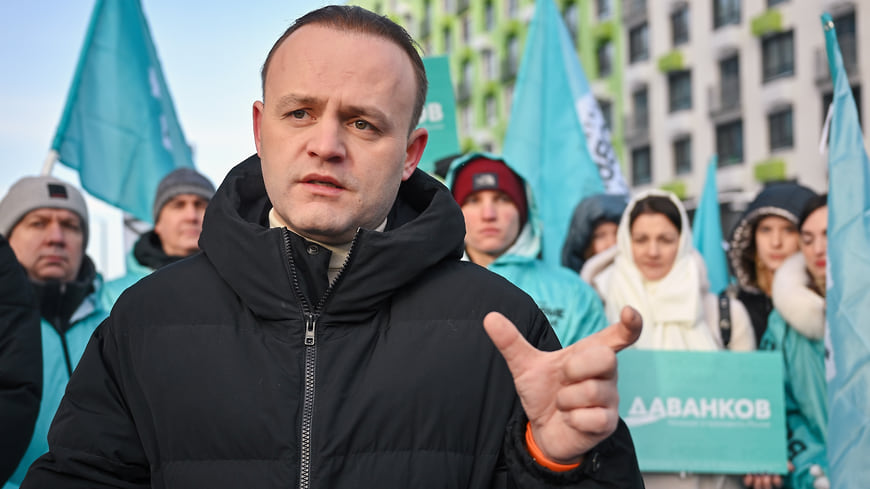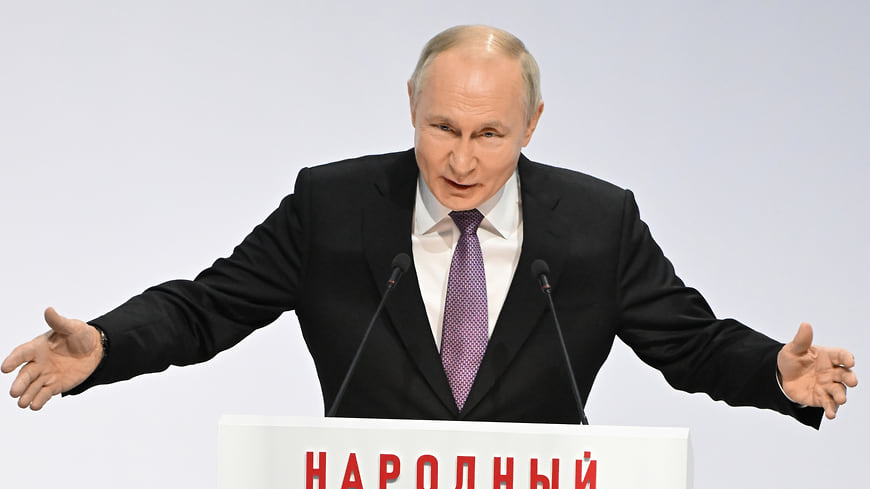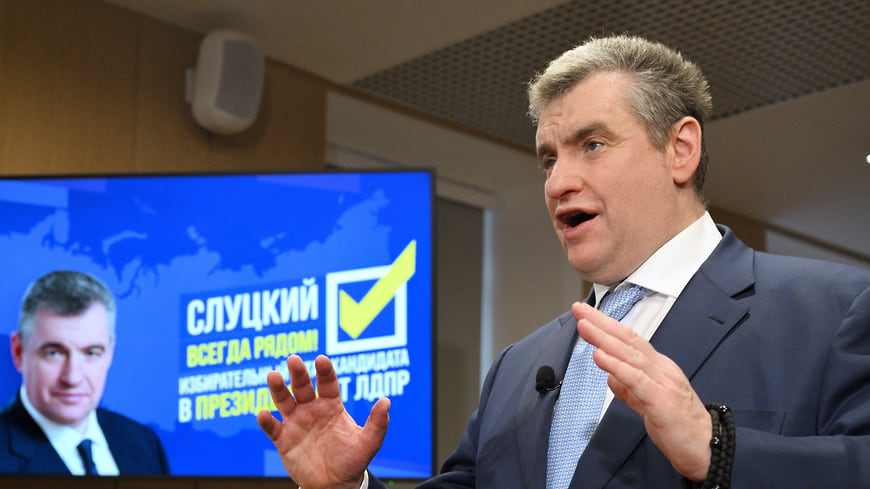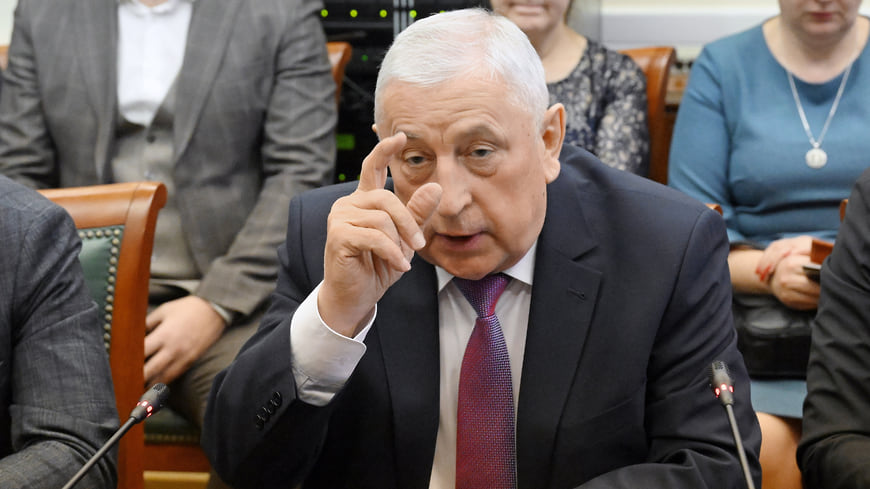What you need to know about the 2024 presidential elections
[ad_1]
From March 15 to 17, Russian presidential elections will be held in Russia. There are four candidates on the ballot, including the current head of state, Vladimir Putin. Over 112 million voters will be able to take part in the voting. The main information about the upcoming elections is in the Kommersant material.
According to the Central Election Commission, the number of voters in Russia as of January 1, 2024 is 112 309 947 people outside Russia – 1 890 863in the city of Baikonur – 11,924. Printed for elections 113 574 550 ballots.
For the first time, the number of voters is presented taking into account those living in the new territories. According to the Central Election Commission of the Russian Federation, there are 1,971,529 voters in the DPR, 1,652,441 in the LPR, 470,342 in the Zaporozhye region, and 468,472 in the Kherson region.
Voting: where, when, how
Voting will be held for three days – from Friday, March 15, to Sunday, March 17. Polling stations traditionally operate from 8:00 to 20:00 local time. You can find your precinct election commission (PEC) using search engine on the website of the Central Election Commission of the Russian Federation.
Residents of remote and hard-to-reach areas can vote early from February 25 to March 14. Traditionally, shift workers, reindeer herders, border guards, fishermen, and mine employees vote remotely. In these elections to them have joined citizens and participants of special operations in new regions. In total, early voting will take place in 42 subjects.
In 2018, about 180 thousand voters living in hard-to-reach and remote areas (0.25%) and about 31 thousand voters at polling stations organized on ships that were at sea (0.04%) voted early in the presidential elections. .
Remote electronic voting will be available in 28 regions on the federal DEG platform (vybory.gov.ru), including for the first time in the Vologda region. In Moscow it is held on its own regional platform (mos.ru). According to preliminary estimates According to the Central Election Commission, about 38 million voters will be able to take part in online voting.
Statement participation in the DEG on the federal platform can be submitted on the State Services portal from January 29 to March 11; Muscovites do not need to submit an application. If a voter does not withdraw his previously submitted application by March 11, he will only be able to vote electronically.
To vote at a polling station other than the place of registration, you can use the mechanism “Mobile voter”. Submit statement possible from January 29 to March 11 through the portal “State Services”, TEC or MFC, a week before the deadline (from March 6) – also at the precinct election commission.
As of February 28, almost 4 million applications have been submitted, including almost 3.185 million for participation in the DEG and more than 1.87 million for voting at their location.
Voting at home Available to voters who are unable to attend a polling place due to illness, disability, or need to care for a close relative. Must be submitted in advance statement at the “State Services” (from March 5 to 11) or in person at the PEC (from March 7 to 17).
Organized for voters outside the Russian Federation 281 polling stations in 144 countries (cm. list). The figure is not final, since polling stations may be formed until March 9. Their number has decreased significantly compared to the last elections – then 401 polling stations were opened in 145 countries.
Inclusion in the voter lists at foreign polling stations occurs on the basis of a written application (submitted no later than the day before voting) or an oral application on voting day upon presentation of a foreign (official, diplomatic) passport. Early voting for citizens abroad begins on March 1. This year it is available at 67 polling stations in 45 countries.
Candidates: who we vote for
Total in the Central Election Commission of Russia received 33 notifications of events related to the nomination of candidates for the post of President of Russia. As a result, 15 people submitted documents for registration: 9 candidates from political parties and 6 self-nominated candidates. Some of them subsequently withdrew their candidacies, four were refused. Only four candidates made it onto the ballot, including Vladimir Putin.
Such a compact ballot in elections in modern Russia has only happened once – in 2008, when Dmitry Medvedev won. The first president of the Russian Federation had five rivals in the first elections and ten during re-election (in the first round). That is, there were 6 and 11 candidates on the ballots, respectively. In the first elections of Vladimir Putin in 2000, there were 11 names on the ballot, in 2004 – 6, in 2012 – 5, in 2018 – 8.
Results: when will the result be known?
The winner of the presidential election is the candidate who scores more than half of the votes of voters who took part in the voting. The tabulation of results begins immediately after the closing of polling stations in Kaliningrad (March 17 at 21:00 Moscow time). The final results are summed up by the Central Election Commission of the Russian Federation after processing the data from the protocols on voting results received from the election commissions of all constituent entities of the Russian Federation and from polling stations abroad. The CEC officially announces the results within three days after signing the protocol on the election results.
IN calendar electoral events on the CEC website The period from March 19 to 21 was allocated for summing up the results in the constituent entities, and from March 21 to March 28 for determining the results. However, in practice this may happen faster. Thus, the CEC protocol on the results of the previous presidential elections was signed on March 23, the fifth day after the voting.
If none of the registered candidates receives more than half of the votes of voters who took part in the voting, a re-vote. The two candidates who receive the largest number of votes advance to the second round. It is held 21 days after the first.
In the entire post-Soviet history, a second round of presidential elections was held only once, in 1996. The then-current President Boris Yeltsin (in the first round scored 35.32%) was re-elected, defeating the leader of the Communist Party of the Russian Federation Gennady Zyuganov (in the first round – 32.03%).
[ad_2]
Source link












